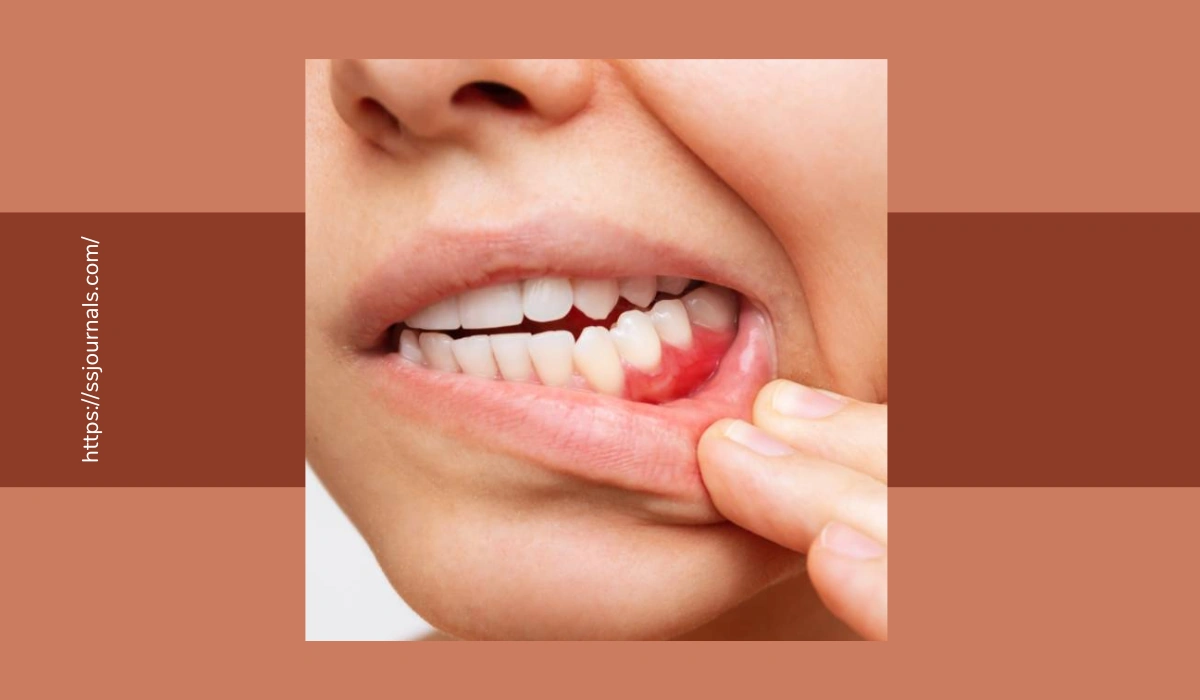Receding gums can be a source of embarrassment and discomfort. As the gum tissue pulls away from the teeth, it exposes sensitive tooth structures and increases susceptibility to decay and infection.
Luckily, receding gums often respond well to proper oral hygiene and treatment. In this article, we will explore the causes of receding gums, detail potential complications, and provide tips for prevention and treatment. Simple lifestyle changes like improving brushing and flossing techniques can make a significant difference.
What are receding gums and what are their causes?
Receding gums refer to the withdrawal of gums from the teeth. As the gums pull back, there could be lots of space between the teeth which could accumulate bacteria. This could be dangerous. Moreover, when the tooth is exposed, its roots are easy to get damaged which further increases the risks. Receding gums is never a good idea as it opens the doors to many other dental problems. There are multiple symptoms of receding gums including-

- Visible tooth roots- These can expose your tooth and its underlying making it vulnerable.
- Tooth sensitivity-The tooth is hard on the outside but its inside is as soft as it can be and exposing it means subjecting it to all kinds of temperature changes.
- Spaces between teeth- Receding gums can lead to ample spaces in between the teeth which could hamper its alignment as well as its overall look.
- Bleeding gums- As the gums are no longer there, chances are they could be hurt easily and hence bleed profusely.
- Inflammation- With bleeding gums you could also suffer from swelling near the gum cavity making it even harder to consume anything.
- Poor oral hygiene- If you don’t brush your teeth enough or floss, the teeth start accumulating plaque and it eats away the gum. This could make the gum move back.
- Gum disease- Periodontitis is a disease that usually eats away the gum and bones which makes it visible more than ever.
- Aggressive tooth brushing- While cleanliness is required using aggressive brushing techniques to remove plaque from the teeth could harm them more than ever and peel away the gums.
- Genetics:- know not a lot of people know this but some people are genetically predisposed to receding gums than others and should be mindful of it.
- Teeth grinding- Some people have the habit of grinding their teeth together and if this becomes a regular habit chances are your gums move further back. Misplaced teeth-The misalignment in teeth can lead to huge gaps in them and further cause problems with receding gumline.
- Tobacco use- Using tobacco products extensively can lead to problems with the gum as it damages easily.
- Hormonal change- Studies show that changes in hormones during menstruation and pregnancy can also hinder the growth of gum lines and further pull them back.
- Orthodontic treatment- There are also pieces of evidence to show that without aftercare, orthodontic treatments could be punishing.
- Systemic diseases- A few researchers are also of the belief that extensive systemic diseases like diabetes and heart problems could increase your chance of being disturbed by receding gums.
How to prevent receding gums?
Now before we go into the treatment protocols, let’s look at ways to prevent it.
1. Brush properly- There is no substitute for brushing your teeth properly. All you can do is floss it and brush it to prevent plaque from accumulating on the teeth.
2. Floss regularly- Brushing is not enough and should be accompanied by floss.
3. Use a mild toothpaste- Some toothpastes have harsh chemicals in them which could strip away the gumlines. To prevent it you may want to go for milder ones with fluoride.
4. Rinse with a mouthwash- After eating something, use an antiseptic mouthwash to help remove the residuals sticking on your teeth.
5. Regular dental checkups- Checking up the status of your teeth could be beneficial to understanding the health of your teeth. This can also help you take timely steps.
6. Quit smoking- Nicotine in tobacco can damage the teeth as well as your gums and that is why you need to quit smoking.
7. Watch your diet- Your diet should include oodles of minerals and vitamins for your dental health to be optimum. Moreover, Vitamins C, D, and Calcium should also be included in your diet for your teeth to be in pristine condition along with properly placed gums.
How to treat receding gum?
1. Deep cleaning- Doctors use professional cleaning liquids to take out the plaque and tartar on your teeth.
2. Gum graft surgery- This surgical procedure involves using tissues to cover up the exposed teeth roots.
3. Pinhole surgical treatment- It is a minor surgical procedure where the dentist uses a pinhole device to put the gum back into its place.
4. Gum tissue regeneration – When this happens, some form of artificial tissue is used to make up for the damaged tissue which then regenerates later.
5. Orthodontic treatment- If your receding gumline is caused by tooth misalignment, you should go for orthodontic surgery.
Conclusion
Receding gums could be a major problem when it comes to dental health. Moreover, there are multiple reasons why one could have problems with their gum slipping away and most of them include the intervention of bacteria and germs.
So to prevent this you might need to take extra care of your teeth with regular brushing and flossing protocols. Your habits should also be improved including diet and smoking.
In case, you do have a problem you should opt for various measures to remove the plague and tartar. Additionally, go for regular dental checkups to help fish out any problems even before they escalate.

